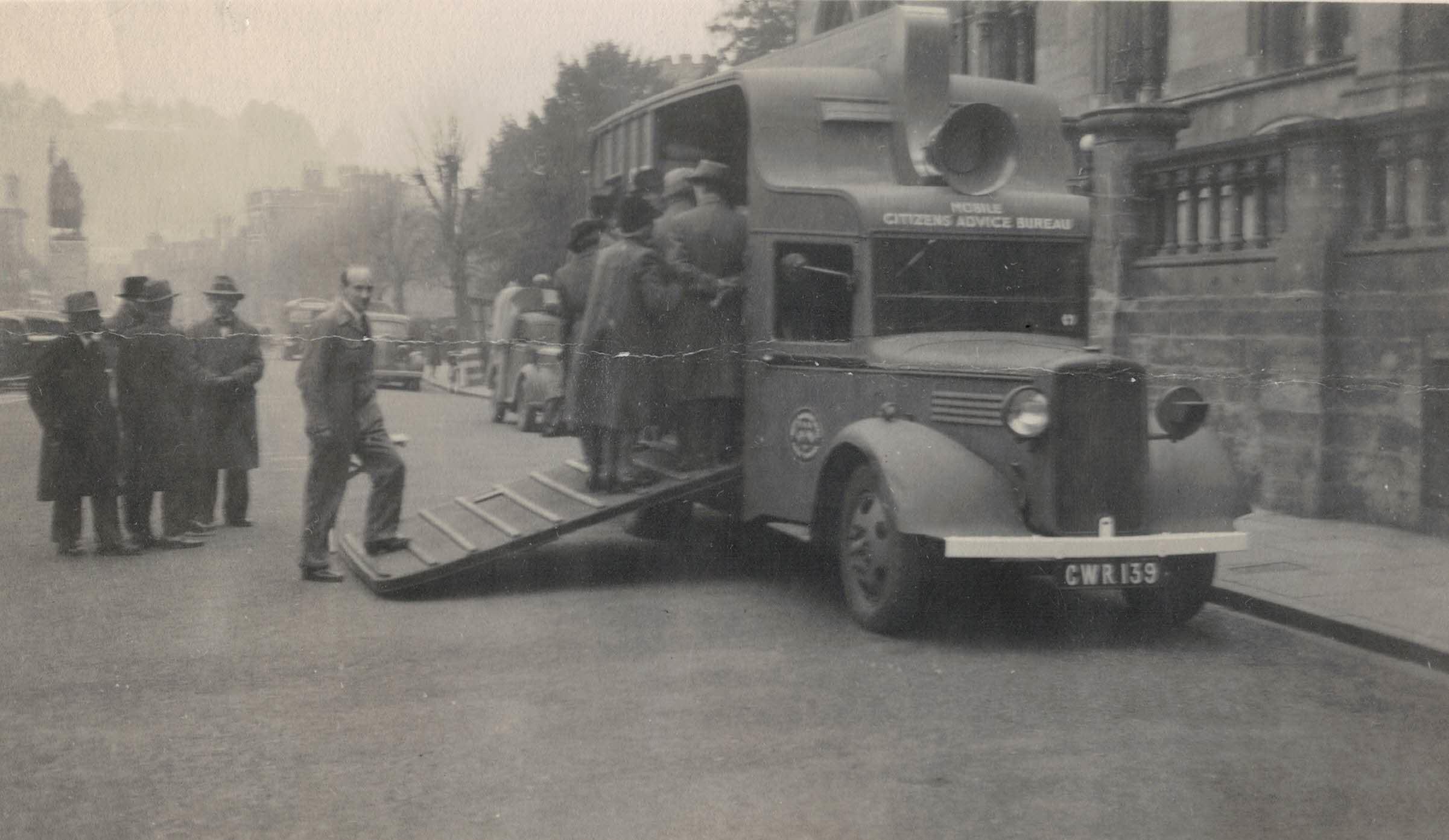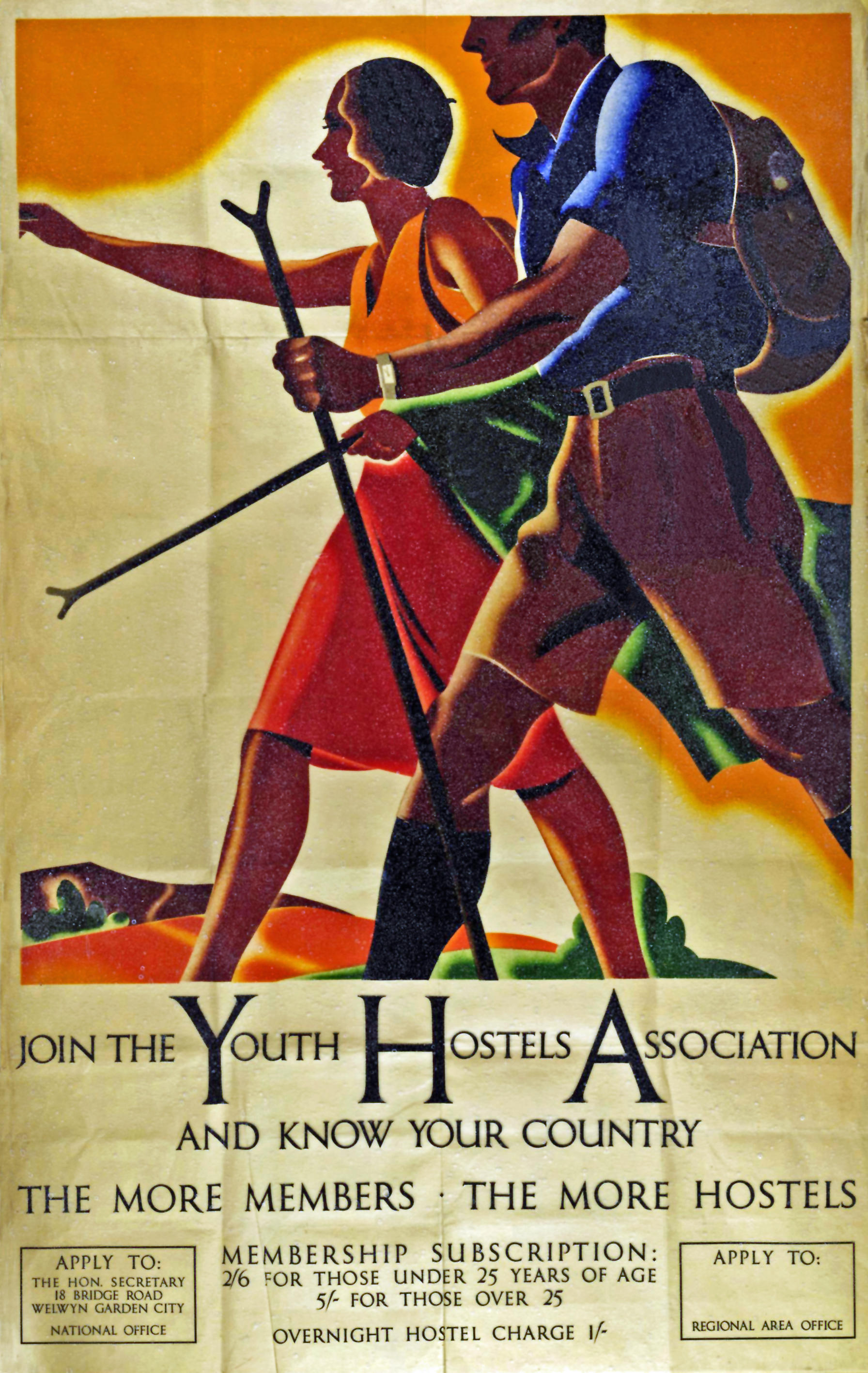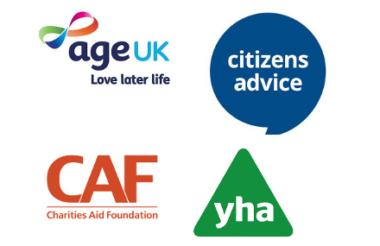Do you how many of the charities in the image above started out as part of NCVO? The answer is all of them. In fact NCVO, or the National Council of Social Service as it was called until 1980, was incubating startups long before it was cool and has helped to set up somewhere in the region of 100 different bodies.
Cass Business School academic and historian Dr Justin Davis-Smith launched a book celebrating the centenary earlier this month. 100 Years of NCVO and Voluntary Action: Idealists and Realists is full of interesting details about the development of the wider voluntary sector, not just the NCVO that we know today.
Eggs-cellent advice
Citizens Advice started in 200 locations on 4 September 1939, the day after World War Two started. NCVO provided administrative support and secured funding from the Ministry of Health to support local development and contribute to the running of a dedicated advice service within NCVO’s London office.
By January 1942, more than 1,000 local Citizens Advice bureaux were in existence, dealing with enquiries ranging from help finding somewhere to lie after a raid to whether you could get an egg ration if your hens didn’t lay any.
In 1945, the Ministry of Health asked local councils to continue funding these activites in peacetime. Support from local authorities helped keep some services running though many were forced to close. By 1960 government funding to Citizens Advice was reinstated as a result of policy work on housing and consumer issues. The National Association of Citizens Advice Bureaux became fully independent of NCVO in 1978.

Ageing gracefully
The National Older People’s Welfare Committee was set up during World War Two to co-ordinate support for older people. It held its first meeting in a basement around a kitchen table in NCVO’s basement because it was the safest place during an air raid.
The Committee became independent of NCVO in 1970, when it became Age Concern, which later merged with Help the Aged to create Age UK.
Village people
Building community spaces, or village halls, was a large strand of NCVO’s early work.
It supported the building of more than 1,200 village halls, covering about one in 10 villages in England.
Copying the Germans
YHA (the Youth Hostel Association) began in 1930 after NCVO convened a meeting of several regional or single-issue groups interested in youth hostelling.
YHA was inspired by the network of hostels in Germany and was seen as one of NCVO's early successes.

Rivalries
One organisation that was not attached to NCVO was the Women’s Voluntary Service. It was founded by the government in 1938 and throughout the war was something of a rival to a body that had been formed by NCVO, the Women’s Group on Public Welfare.
At the end of the war the new Labour government attempted to force the two bodies to merge. It was unsuccessful, with the two organisations unable to agree on terms of reference for discussions.
Taxing times
As for the Charities Aid Foundation, it has its origins as department of NCVO that administered the collection of a charitable tax relief on behalf of subscribers.
The department was transferred to an independent body in the 1970s, but the terms of the agreement mean it provides an ongoing source of income for NCVO today.









